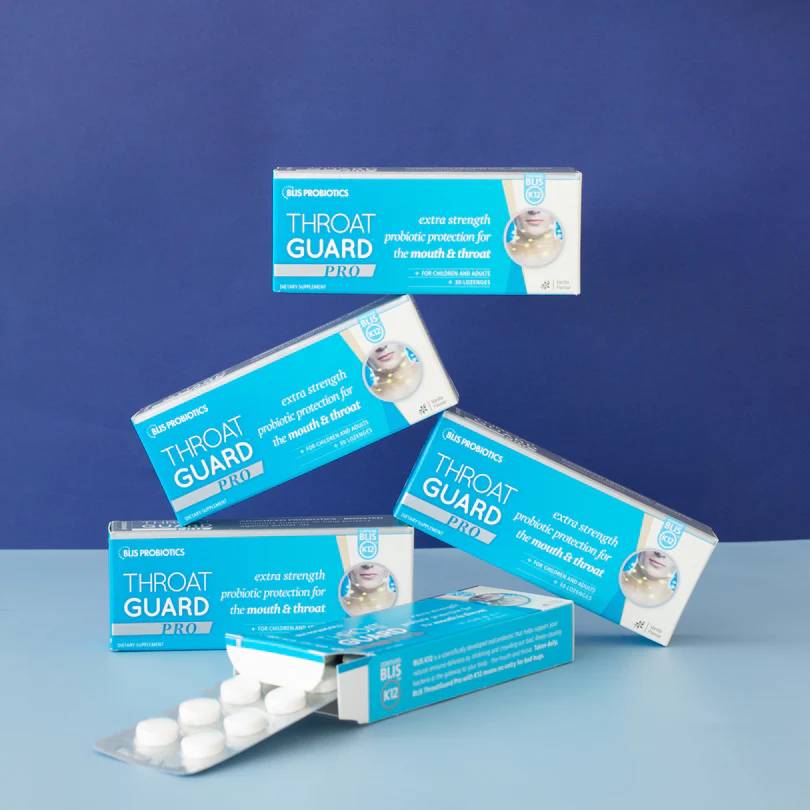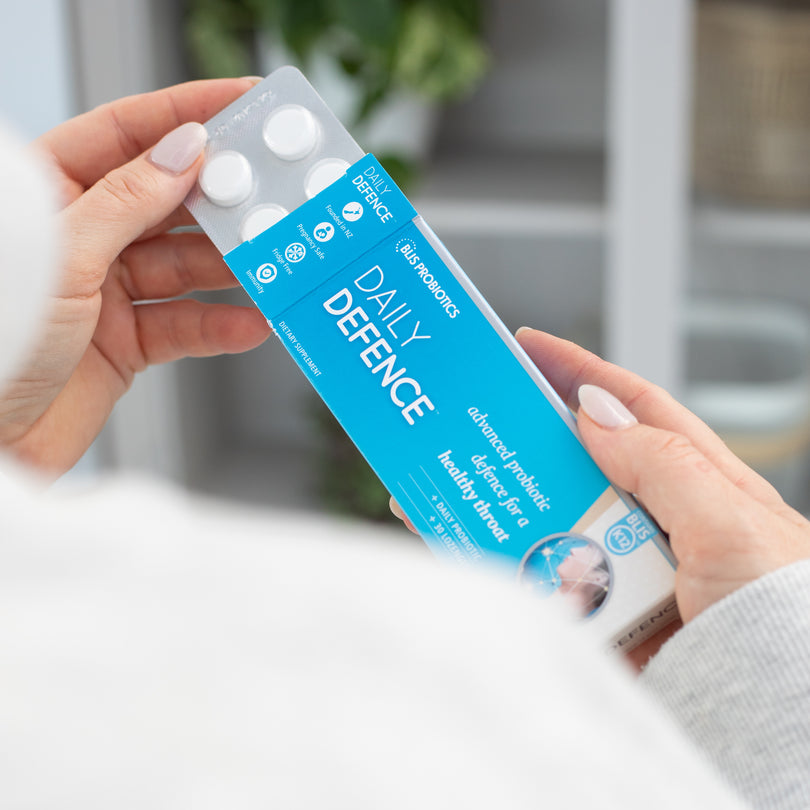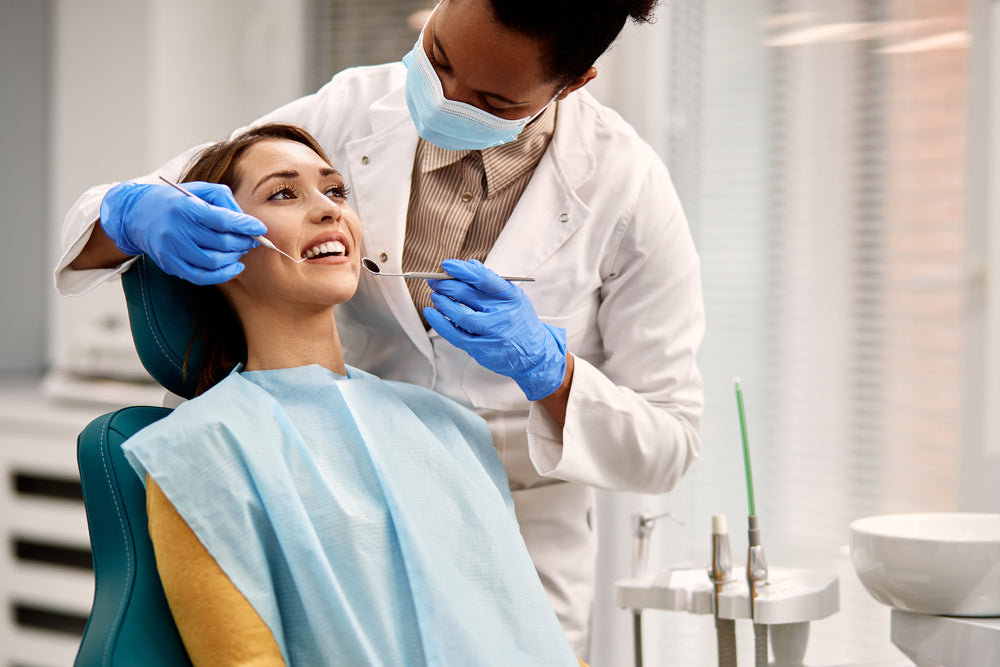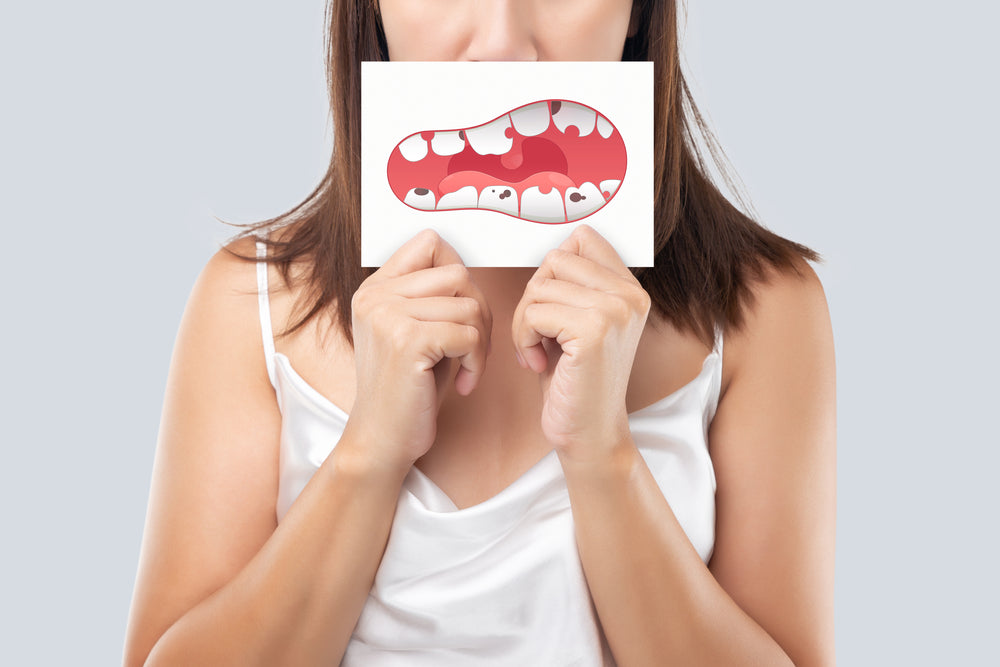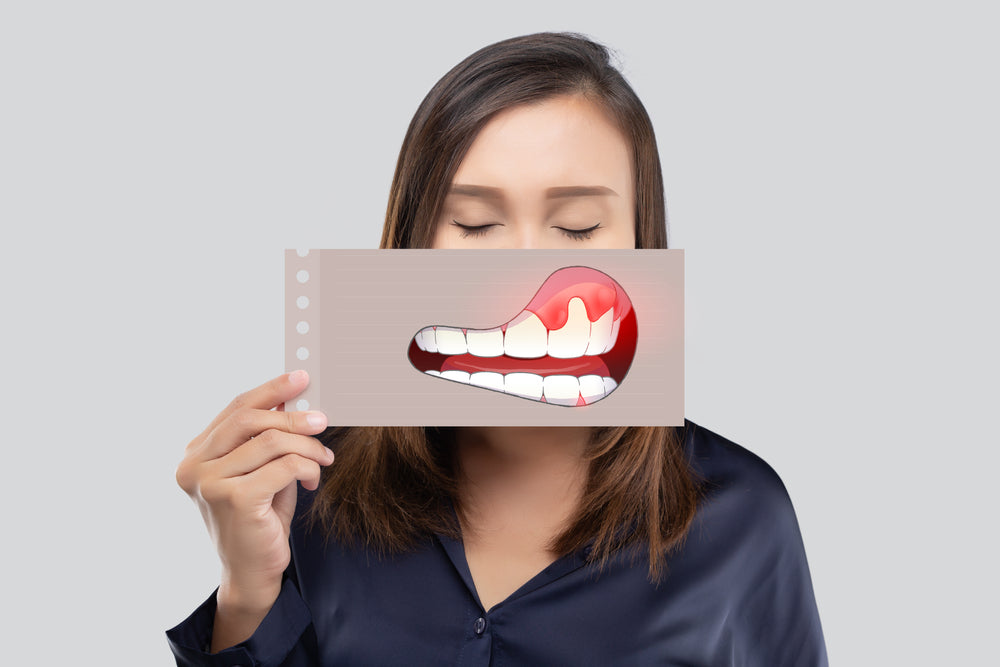Scared of going to the dentist? Maintaining oral hygiene is crucial for overall health, and preventing plaque build-up is a key part of not needing an unexpected dental appointment. While regular brushing and flossing are fundamental, incorporating probiotics into your routine can provide an extra layer of defence against plaque. This blog explores how probiotics can help keep your teeth and gums healthy, preventing plaque build-up effectively.
What is Dental Plaque and Why is it a Problem?
Dental plaque is a sticky, colourless film of bacteria that forms on your teeth and gums. When you consume food and drinks, the bacteria in plaque produce acids that attack tooth enamel, leading to cavities and gum disease. If not removed, plaque can harden into tartar, making it even more difficult to clean your teeth.
How Probiotics Help Prevent Plaque Build-Up
Probiotics are live bacteria that are beneficial for you. A recent systematic review has shown that certain strains of probiotics can also play a significant role in oral health.
Balancing Oral Microbiota
Your mouth, like your gut, is home to a complex community of bacteria. Probiotics help maintain a healthy balance of these bacteria, preventing the overgrowth of harmful bacteria that cause plaque and other dental issues. Streptococcus salivarius M18 (BLIS M18™) is specifically targeted towards supporting dental health. This strain produces four potent antimicrobial proteins that inhibit the growth of bacteria responsible for dental caries (cavities) and periodontal pathogens. Additionally, BLIS M18™ releases enzymes such as urease - which neutralises harmful acids in the mouth and dextranase - which breaks down plaque. Clinical studies have shown that BLIS M18™ can significantly reduce plaque formation and gingivitis, making it an excellent addition to your oral care routine
Reducing Harmful Bacteria
Probiotics produce substances that inhibit the growth of harmful bacteria. For example, BLIS M18™ produce bacteriocins, which are proteins that can suppress the growth of harmful bacteria responsible for plaque formation. This is done by crowding out harmful bacteria and repopulating with good bacteria in the mouth.
How to Incorporate Probiotics into Your Oral Hygiene Routine
Integrating probiotics into your oral care routine is simple and can be done in several ways.
Probiotic-Rich Foods
Include foods rich in probiotics in your diet, such as yoghurt, kefir, sauerkraut, and kimchi. These foods can help increase the levels of beneficial bacteria in your mouth.
Probiotic Supplements
Consider taking probiotic supplements specifically designed for oral health. Products like BLIS M18™ is a strain of advanced oral probiotics scientifically developed to support healthy teeth and gums.
Oral Probiotic Rinses
Use oral rinses that contain probiotics to swish around your mouth. These rinses can help to ensure that beneficial bacteria reach all areas of your mouth, providing a comprehensive approach to oral hygiene.
Prevent Dental Plaque Build-up with BLIS Probiotics
Probiotics offer a promising addition to your oral hygiene routine, helping to prevent plaque build-up by balancing your oral microbiome, reducing harmful bacteria, and enhancing your immune response. By incorporating probiotic-rich foods, supplements, or oral rinses into your daily regimen, you can support your dental health and maintain a bright, healthy smile.
Frequently Asked Questions on Probiotics for Preventing Dental Plaque
Can probiotics replace brushing and flossing?
No, probiotics should complement your regular oral hygiene practices. Brushing twice a day and flossing daily are essential for removing plaque mechanically. Probiotics can help enhance these efforts by maintaining a healthy balance of bacteria in your mouth.
How long does it take to see results from probiotics?
The time it takes to see results can vary depending on the individual and the specific probiotic strain used. Generally, you may start noticing signs probiotics are working in your oral health within a few weeks of consistent use.
Are there any side effects of using probiotics for oral health?
Probiotics are generally safe for most people. However, if you have a compromised immune system or underlying health conditions, it's best to consult with a healthcare professional before starting any new supplement.

